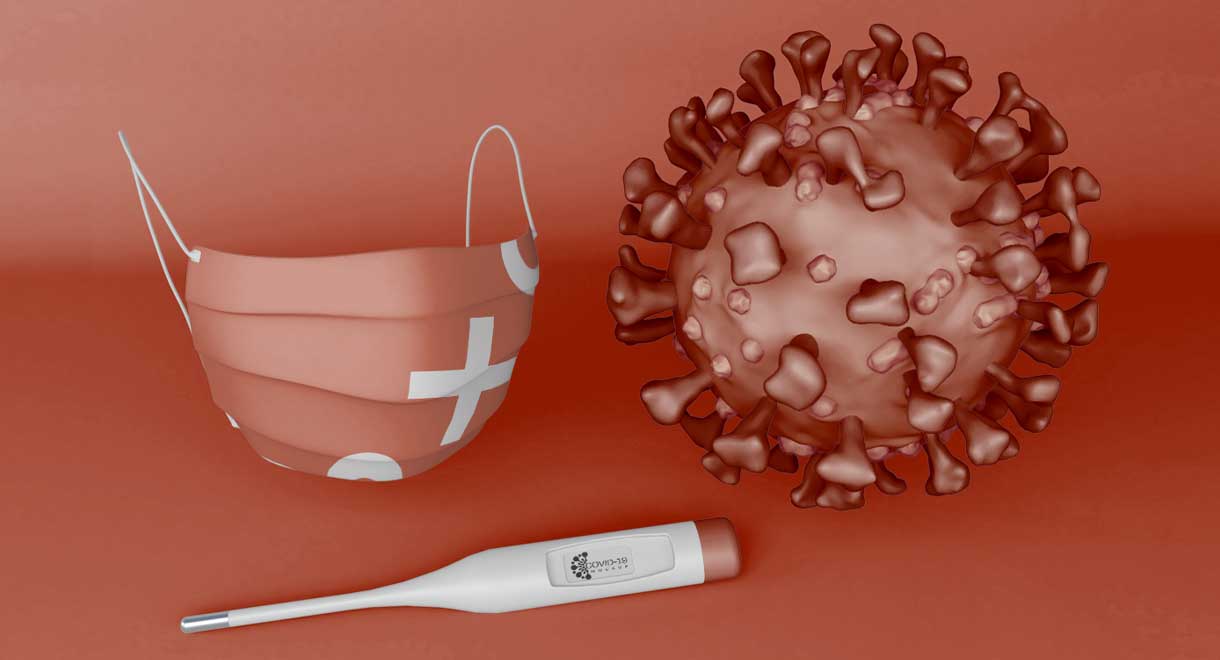Long COVID – What You Must Know
Most people who have an infection with one of the viral variants that cause the disease of COVID 19 get better within a few weeks, but about 10% of people do not. New research led by researchers at Seattle’s Institute for Systems Biology identified factors that may predict which patients go on to suffer from longer-term disease. This research has shed light on some of the mysteries of long COVID where symptoms persist from 6 months to several years.
Symptoms of long COVID
Symptoms can be debilitating and can include:
- Loss of smell
- Cognitive impairment (foggy brain)
- Mood disorders
- Severe fatigue
- Shortness of breath
- Digestive problems
People with long COVID had signs of an overactive immune system that was misguided and caused excess inflammation. Some had features of low adrenal function with deficient levels of cortisol in the blood.
The 4 risk factors
Researchers found that four factors that were present or co-existent with initial diagnosis of COVID increased the risk of long COVID. These were:
- Diabetes type two which is often associated with fatty liver and excess weight.
- Some types of autoimmune disease such as lupus that had high autoantibody levels in the blood.
- The detection of the COVID virus genetic material (RNA) in the blood where it is more commonly found only in the saliva.
- Reactivation of the Epstein Barr Virus (EBV) which causes glandular fever (over 90% of people have evidence of EBV infection in the past but in most it stays inactive).
Strategies to help balance the immune system and reduce inflammation
- Vitamin C helps to fight infections and boost adrenal function.
- Optimize your levels of vitamin D to reduce inflammation.
- Get more sleep.
- Get more fresh air and gentle exercise to oxygenate the lungs.
- Check the function of your adrenal glands with a blood test in the early morning for cortisol levels; if low you may need a low dose cortisone medication.
- If short of breath speak to your doctor about oxygen therapy.
- N-Acetyl-Cysteine (NAC) can aid liver function and detoxification and has anti-inflammatory and antibiotic effects.
- Support your cellular immunity with the powerful immune supplement called Selenomune which contains three types of selenium plus zinc, iodine, and B vitamins. Viruses of all types can mutate more readily and become more active in the body of a selenium deficient person.
I have been practising and researching nutritional medicine for over 40 years and if anyone asked me “what is the most important nutrient to fight a viral infection?”- I would say without doubt – whether it is a chronic or acute viral infection – it is selenium. I call selenium “the viral birth control pill”.
Selenium acts on the genetic material of viruses (its RNA or DNA) and has three highly valuable effects:
- Inhibits the ability of the virus to multiply (replicate)
- Reduces the ability of the virus to mutate into a more aggressive (virulent) form
- Increases the chances that the virus will stay inactive or less active and not harm you
If you have long COVID we’d like to hear from you – send us an email.
Scientific References:
Selenium and Viral Diseases: Facts and Hypotheses, By Professor Ethan Will Taylor. Ph.D. https://chem.uncg.edu/person/e-will-taylor/
http://orthomolecular.org/library/jom/1997/articles/1997-v12n04-p227.shtml
3the lancet: REVIEW| VOLUME 356, ISSUE 9225, P233-241, JULY 15, 2000
The importance of selenium to human health
Margaret P Rayman, DPhil
Published:July 15, 2000DOI:https://doi.org/10.1016/S0140-6736(00)02490-9
Selenium and viral infection: are there lessons for COVID-19?
Published online by Cambridge University Press: 06 August 2020
Giovanna Bermano, et al
British Journal of Nutrition , Volume 125 , Issue 6 , 28 March 2021 , pp. 618 – 627
DOI: https://doi.org/10.1017/S0007114520003128


Leave A Comment